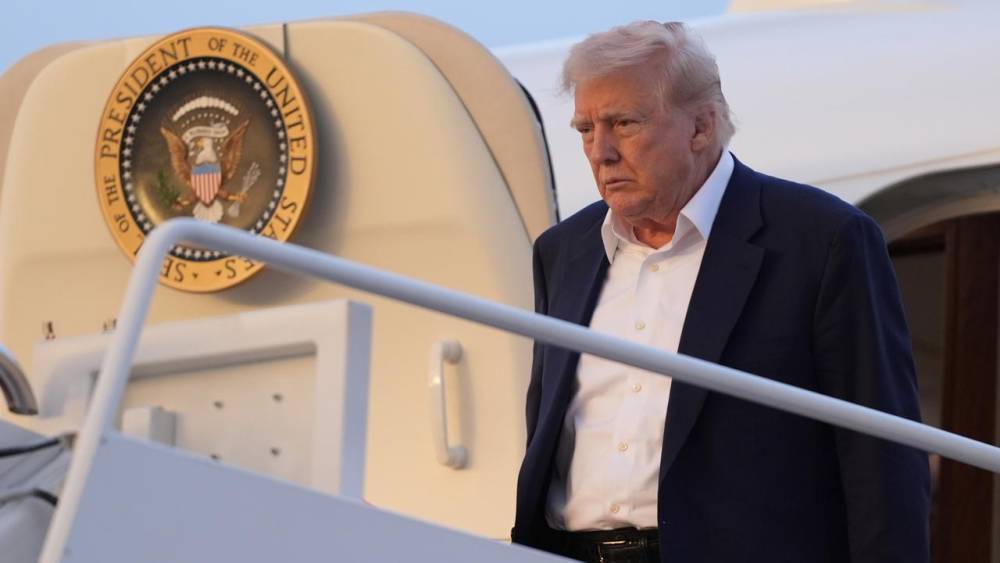
DOHA, QATAR — In a display of diplomacy blended with opulence, former U.S. President Donald Trump was recently hosted at a lavish state dinner at the Lusail Palace by the Emir of Qatar, Sheikh Tamim bin Hamad Al Thani. The event, marked by extravagant hospitality and high-level pageantry, drew global attention not only for its political undertones but also for a curious token: a luxury private jet, presented as a “gift.”
While not officially confirmed by U.S. or Qatari authorities, several diplomatic sources suggest the jet, allegedly offered to Trump or his entourage during the visit, was part of Qatar’s broader charm offensive aimed at solidifying ties with key Western figures. The move appears to have struck a chord with Trump, known for his fondness for grandeur and personal flattery.
Critics say the gesture exemplifies how foreign governments can sway the former president with symbolic, and often indulgent, offerings. “It’s not about policy depth or national interest. Trump has always been more receptive to gold-plated adulation than geopolitical nuance,” one former White House aide told reporters under condition of anonymity.
Observers argue that such moments underscore a concerning trend: the apparent ease with which Trump could be influenced by superficial gestures rather than substantive diplomacy. “The real issue isn’t the jet itself,” said a senior analyst at the Center for Global Affairs. “It’s the precedent it sets for transactional diplomacy based on ego rather than ethics.”
Adding fuel to the controversy is Trump’s consistent defiance of traditional presidential norms regarding gifts, transparency, and disclosures. While other leaders might tread carefully to avoid the appearance of impropriety, Trump has repeatedly shown little concern for such optics.
“There’s no cover-up,” remarked a Washington commentator. “Because for Trump, there’s no acknowledgment of wrongdoing. If he doesn’t see it as a problem, then in his world, it doesn’t exist.”
As geopolitical players continue to navigate the post-Trump U.S. political landscape, Qatar’s latest overture serves as a case study in how easily certain diplomatic avenues can be paved—not with policy, but with personalized perks. Whether such strategies yield lasting benefits remains to be seen.